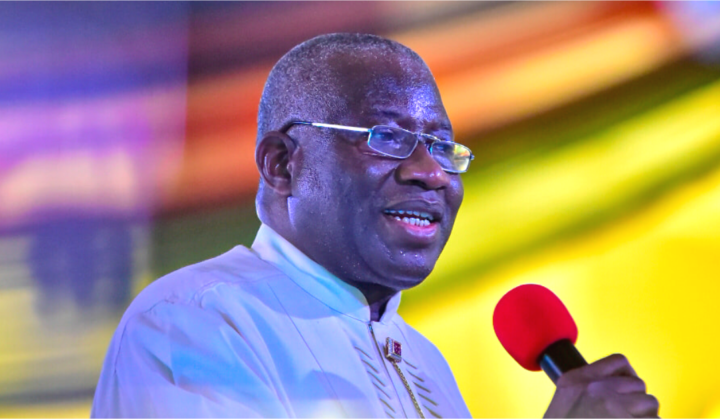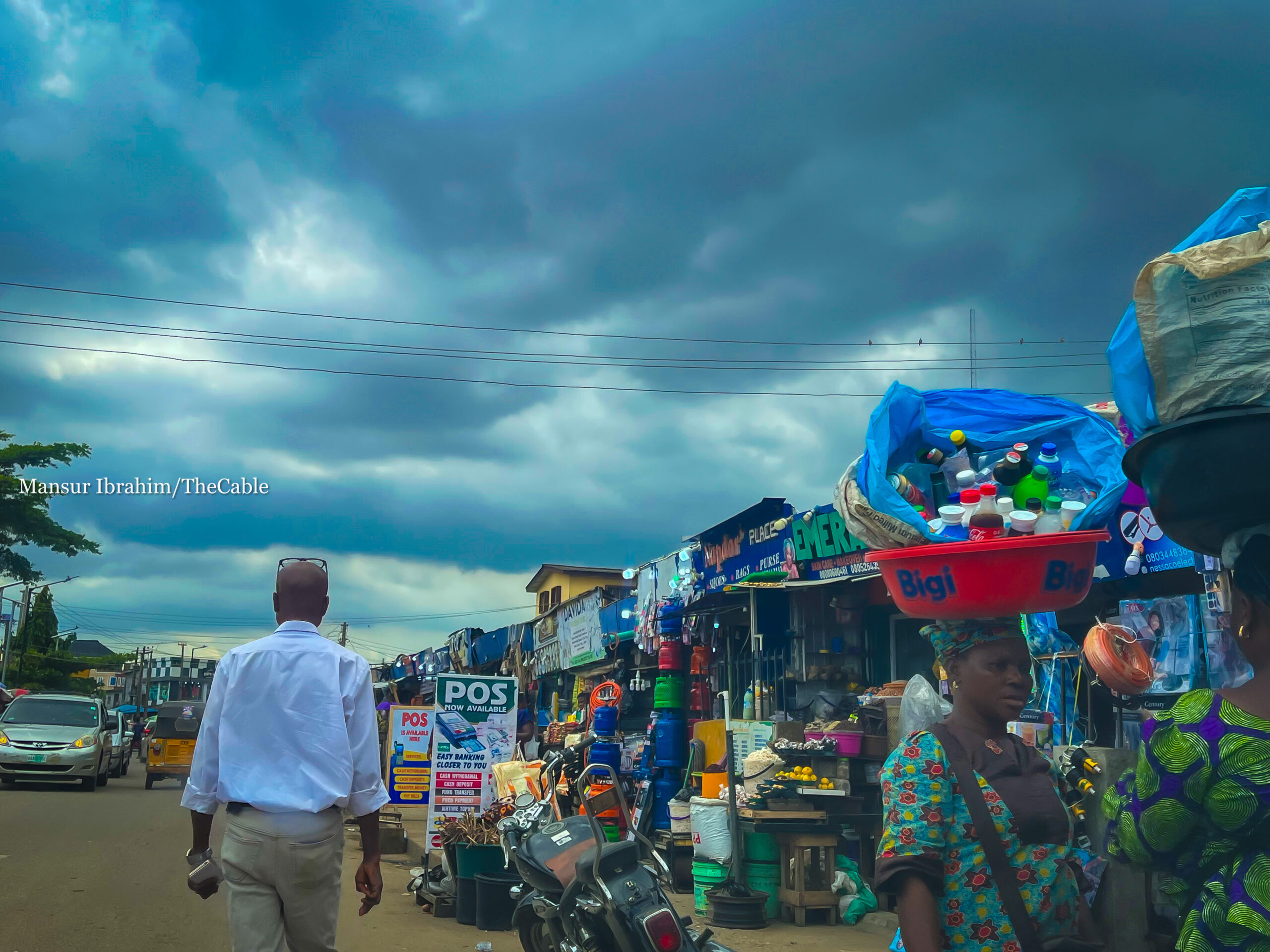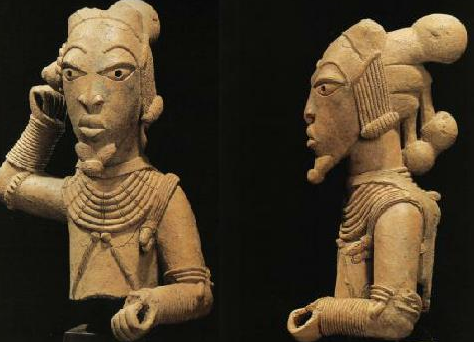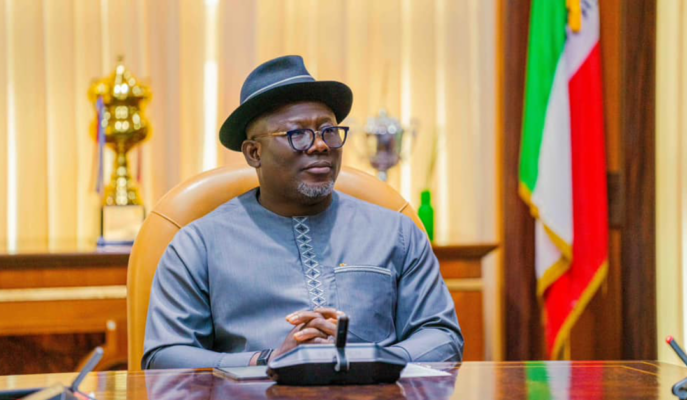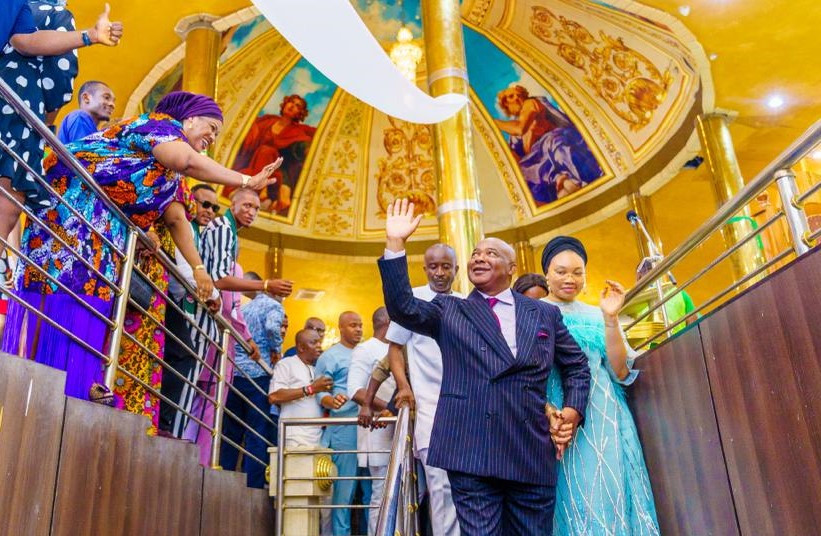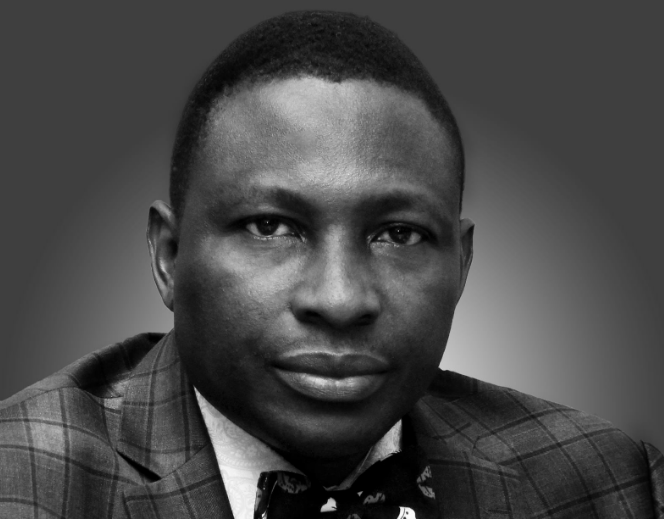Goodluck Jonathan
BY WEALTH DICKSON OMINABO
Former Nigerian president Dr. Goodluck Ebele Jonathan today ranks as one of Africa’s foremost statesmen. He is described in many quarters as a global ambassador of peace, an icon of democracy and a symbol of hope. Jonathan assumed a new international stature shortly after his bid to retain his seat as President of the Federal Republic of Nigeria in the 2015 elections fell through. The election was a defining moment for Nigeria’s democracy as it was characterized by acrimonious politics laced with religious and ethnic sentiments and deep-seated conspiracies from many circles. But Jonathan rose above the fray.
His iconic concession call to then-opposition candidate Muhammadu Buhari was a turning point in Nigeria’s body politic. This action was the first time in the nation’s political history that an incumbent president would readily relinquish power to an opposition candidate through election. The action restored peace in the nation’s political firmament, which was already experiencing an Armageddon of sorts.
The action also quenched many fiery furnaces that politicians from different parts of the country lighted. This was a moment when the opposition had threatened to form a parallel government if they should lose the election and had gone ahead to set the stage for national unrest with different false narratives of intending plans of election rigging.
Advertisement
More than eight years after that gesture, Jonathan’s political conduct has continued to define his stature and has set the plot for his post-presidency exemplary lifestyle. Jonathan’s post-election conduct in the 2015 presidential election has become a standard reference for political behaviour in Africa. Stakeholders are quick to cite the Jonathan example for leaders contesting in elections, especially incumbent presidents seeking re-election.
Few days ago, incumbent Liberian President George Weah conceded defeat to his challenger, former Vice President Joseph Boakai, even before the final results from a presidential run-off poll would be declared, just as Jonathan did. Not few pundits have posited that Weah’s action was a script taken out of Jonathan’s rule book, especially since the former President was in Liberia as leader of the West African Elders Forum mediation team.
Jonathan, as an African statesman, exemplifies one of the teachings of Jesus Christ on the virtues of self-sacrifice and dying to self. Jesus in John 12:24 teaches a parable of the grain of wheat. “It says unless a grain of wheat falls into the ground and dies, it remains alone; but if it dies, it produces much grain.” In our modern world, we’re taught to cling to life, cling to our comfort and safety, and try to avoid pain and loss no matter what. The lesson in this parable explains the redemptive stature of Dr Jonathan’s political life. Jonathan’s finest political hours came from his defeat, from the moment he buried his ambition for the collective peace of his nation. This very act of peace becomes not only a channel of blessing but a source of his upliftment.
Advertisement
Today, Jonathan stands as one of the most renowned African statesmen and peacemakers. His current responsibilities in the continent, where he serves as an envoy of peace and advocate for peaceful transfer of power and democratic sustainability captures the redemptive nature of his peace philosophy as exemplified during his time in office. By sacrificing his ambition for the collective peace and stability of Nigeria, Jonathan birthed himself a new life, new hope and germinated a new political life for himself. These new realities of Jonathan’s post-office persona are captured in the many great initiatives that the former President has been engaged in since leaving office.
Through the Goodluck Jonathan Foundation, he has championed many just causes, and has continued to utilize the platform to mobilise citizens of Africa towards pursuing peace, social justice and democratic sustainability. The Goodluck Jonathan Foundation’s Annual Democracy Dialogue brings together some of African notable voices, and notable leaders to discuss and dialogue on the way forward to address Africa’s challenges.
The West African Elders Forum is also one of the most active African initiatives using soft power and diplomacy to promote peace and reduce post-electoral tensions in the continent. The Forum mobilizes former West African Presidents and statesmen towards solving the sub-region’s contemporary challenges of democratization and peaceful transfer of power. There have been many cases where the body under Jonathan’s leadership has managed to reduce political tension in the region, be it in The Gambia, Sierra Leone, Nigeria or Liberia.
Perhaps one of the most intriguing aspects of Jonathan’s redemptive post-office stature is the fact that he has been able to redefine citizen diplomacy not just in Nigeria but in the entire West Africa. Dr. Jonathan leverages his status as a Nigerian citizen to promote causes and ideas that would address contemporary challenges. He uses different engagements to amplify issues that affect the common people, whether it relates to climate change, good governance, peace, security, African unity, food security or sustainable development. He has become a prominent Pan-African voice campaigning for unity and economic cooperation among states.
Advertisement
Contextualising Jonathan’s Legacies
Dr Jonathan’s five years in office as president of the Federal Republic of Nigeria came with many astounding legacies in different sectors, notably his considerable accomplishments in the economy, sports and the creative sector. At the heart of President Jonathan’s policy framework was his transformation agenda, which captured his administration’s thrust and development philosophy. Dr. Jonathan’s Transformation Agenda contributed to Nigeria’s political, economic, and social development. He reformed the electoral process, promoted democratization, and expanded access to education. Jonathan believed education was the pathway to sustainable development, so he prioritized human capacity building. His idea was nation building cannot be done exclusive of its citizens.
From the transformation of the Almajiri education system in the northern part of Nigeria by building 165 Almajiri schools to the creation of 12 new federal universities and three specialized universities, to the introduction of the Presidential Special Scholarship for Innovation and Development (PRESSID), to the expansion of the Presidential amnesty program to train young people in key fields such as pilots. Jonathan placed access to education at the top of his political agenda and these policies serve as a testament to his dedication to nation building.
On the economic front, Nigeria’s economy soared; it became the biggest economy in Africa and the 26 largest in the world. During his administration, the United Nations Conference on Trade and Development named Nigeria the number one investment destination in Africa, attracting more than $ 7 billion in Foreign Direct Investment (FDI). President Jonathan also made giant strides in the agricultural sector; his government drove an agricultural revolution, reducing food importation by 40% with over 45 million metric tons in 2014. Nigeria was ranked as the world’s largest producer of cassava by the Food and Agricultural Organization.
Advertisement
In the area of sports, Jonathan hosted a presidential retreat on sports aimed at improving the fortune of Nigeria’s sporting sector in 2012 after the poor outing of Team Nigeria at the 2012 London Olympics. The next year, Nigeria won the African Cup of Nations in South Africa after almost two decades since its last win. Nigeria also won the FIFA under Seventeen World Cup under his administration.
Nigeria’s foreign policy during Jonathan’s tenure, one of the finest in the nation’s annals, was marked by the principles of mutual respect and commitment to multilateralism. Economic development was at the forefront of his foreign policy agenda. The administration actively engaged with international partners, attracted foreign investments, and promoted trade relations that benefited our nation. The policy approach was designed to create jobs, tackle poverty, and ultimately improve the quality of lives of citizens. Nigeria became a force for peace and stability in West Africa.
Advertisement
He worked with his colleagues, particularly Heads of State in the ECOWAS, to resolve the political crises and stabilize democracies in the sub-region and Africa, especially in countries like Cote d’Ivoire, Niger, Guinea Bissau, Mali, Sierra Leone, Benin Republic and Burkina Faso. His commitment and passion towards bringing peace and stability to Africa within his five-year tenure gave Nigeria more recognition in the United Nations Security Council. Nigeria was nominated twice, a feat rarely achieved by non-permanent members of the UN Security Council.
There are numerous reasons for Nigerians and Africans to celebrate Dr. Jonathan’s 66th birthday on November 20, 2023. His life has remained a daily example of moral behaviour and excellent leadership. Two noteworthy characteristics that have shaped his life and career over the years are humility and sacrifice. We honour a man today whose life is replete with moral nuggets. The lessons that Dr. Jonathan’s persona and character impart to Nigerians, Africans, and the rest of the world are, in fact, endless. Happy Birthday, Your Excellency.
Advertisement
Ominabo is a media aide to Dr Goodluck Ebele Jonathan
Advertisement
Views expressed by contributors are strictly personal and not of TheCable.
